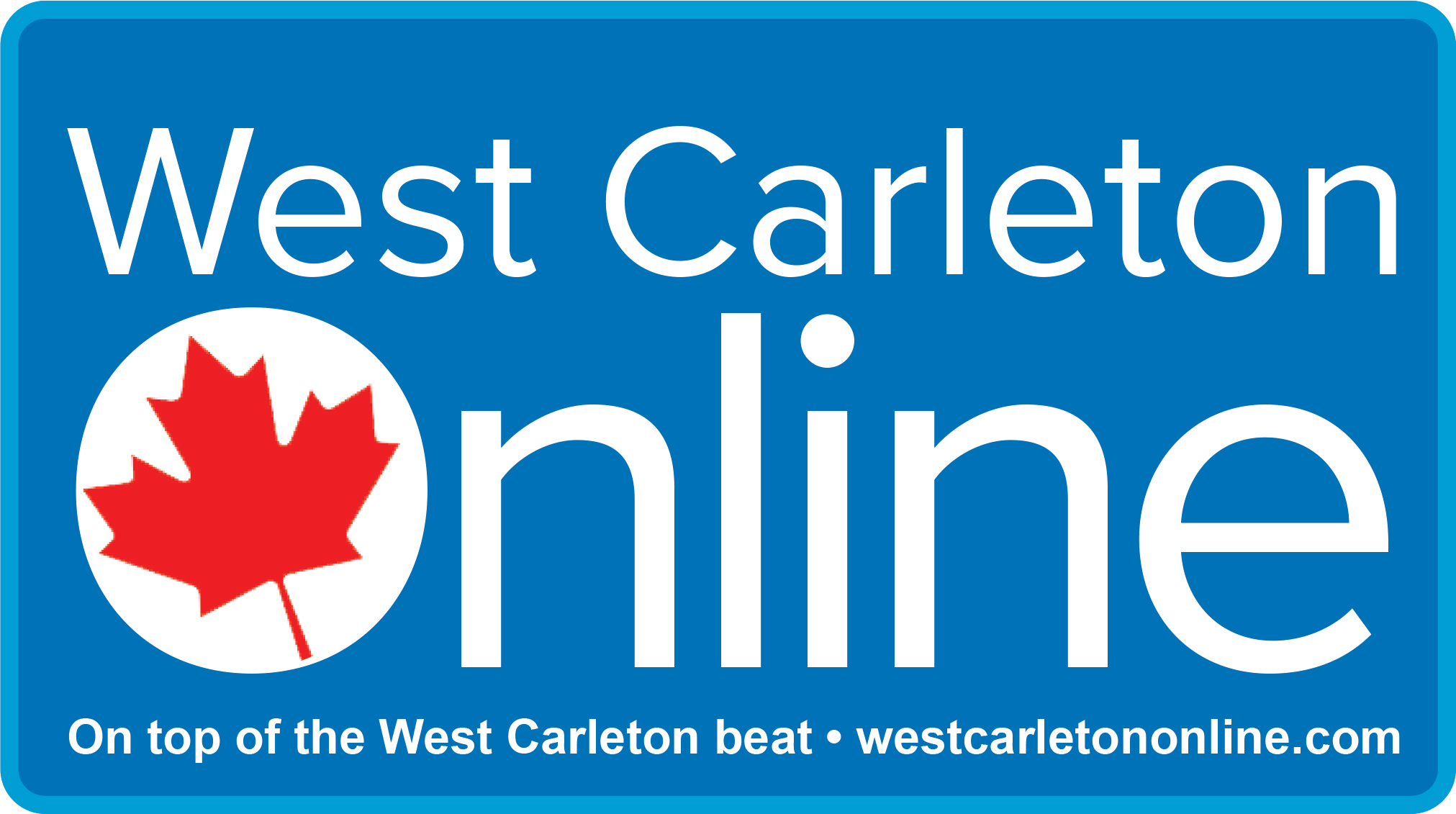Feb. 3 COVID-19 update: Latest numbers, new doses, school transmission
Special to WC Online
OTTAWA – Ottawa Public Health (OPH) is reporting 61 new cases of COVID-19 today (Feb. 3) and is celebrating the arrival of 4,875 new doses of the vaccine.
OPH reports the new vaccines arrived on Monday (Feb. 1), bringing the city’s total number of vaccine doses to 30,225. There have been 26,337 doses of the COVID-19 vaccine administered in Ottawa, with many long-term care residents now receiving their second of two doses.
Indicators of COVID-19 transmission in Ottawa continue to drop, as there are 483 active cases in the city as of today. Hospitalizations due to the novel coronavirus are down to 29, with six of those patients in intensive care.
There are no new deaths linked to COVID-19, which leaves Ottawa’s pandemic death toll at 422.
There are 24 ongoing outbreaks of the virus at local healthcare institutions, but that number has been falling all week. Park Place retirement home and Extendicare New Orchard Lodge long-term care are the latest locations to declare their outbreaks resolved.
OPH continues to track five outbreaks at childcare centres and schools, and two community outbreaks stemming from workplaces.
Monday’s update from the Ottawa COVID-19 Testing Taskforce shows the rate of positivity among residents being swabbed for the virus at 1.8 per cent.
Since March of 2020, there have been 13,446 lab-confirmed cases of COVID-19 in Ottawa, of which 12,541 have been resolved.
Ontario is reporting 1,172 new cases of COVID-19 today including 14 in the Eastern Ontario Health Unit, four in the Leeds, Grenville and Lanark district, and none in Renfrew County.
OPH says COVID-19 not spreading inside schools
OTTAWA – With students back in classrooms across Ottawa this week (Feb. 1), OPH is reporting there is limited COVID-19 transmission happening in Ottawa schools.
Ottawa’s health unit is releasing a report, explaining what’s been working and what hasn’t in the fight to keep COVID-19 out of schools. OPH says it saw limited transmission of COVID-19 in schools through the fall semester, with 85 per cent of students who did test positive contracting the virus outside of school.
Ottawa medical officer of health Dr. Vera Etches is reiterating the importance of parents screening themselves and their children for COVID-19 symptoms, as well as staying home when deemed a close contact of someone with the novel coronavirus.
The report shows almost half of Ottawa’s 55 school outbreaks last fall began with a student or staff member who was a household contact of a confirmed case. A quarter of those source cases did not have symptoms of COVID-19, which OPH says further proves how critical it is for residents to isolate when other members of their household are waiting for test results or are known to be infected.
The good news, according to Dr. Etches, was nearly half of the outbreaks declared in schools through the fall were limited to just two students or staff members. She credits the cohort system for allowing schools to identify smaller at-risk populations and being able to quarantine them to reduce overall spread through a facility. Mask-wearing is also very important, adds the doctor.
Etches says COVID-19 is often spread in households due to close contact with others over long periods of time, with no distance and no masks being worn. Those are the things they’ve tried to avoid as much as possible at schools, and she believes the results were fairly positive given the infection numbers in local schools consistently trended downward after an initial spike in early October.
OPH is now asking parents get back in the habit of daily screenings for symptoms of COVID-19 before their child goes to school. If symptoms are shown, parents are also expected to look for testing right away and ensure every member of the household stays home while waiting for the test results.
Meanwhile, public health officials will be working with their partners to offer onsite testing at schools, particularly to improve access to testing where there are a large number of high-risk contacts, as well as when it is seeking more information about potential transmission in a school.
OPH says it is also looking at additional ways to use rapid testing in the student population.
Canada could get one million additional doses by end of March
CANADA – There is a possibility Canada could receive an additional one million doses of the COVID-19 vaccine by the end of March through a global vaccine sharing initiative known as COVAX.
The COVAX Facility, co-ordinated by the World Health Organization and Gavi, The Vaccine Alliance, pools funds from wealthier countries to buy vaccines for themselves and for 92 low and middle-income nations that can’t afford to buy on their own.
Canada contributed $440 million to COVAX in September, half of which secured doses for Canada directly, from about nine vaccines that are participating in the program.
The other half goes into a pooled fund to buy doses for 20 per cent of the people in the low- and middle-income countries.
Procurement Minister Anita Anand recently told the media up to 1.1 million doses of AstraZeneca’s vaccine could arrive through COVAX by the end of March and up to 3.2 million total by the end of June.
Canada had planned to vaccinate three million people by the end of March and another 10 million people between April and June.
AstraZeneca requires two doses per person, meaning the COVAX doses could increase Canada’s vaccination plan to 3.5 million people by the end of March and between 11 million and 11.6 million by the end of June.
Canada has now vaccinated close to a million people with at least one dose of vaccines from either Pfizer-BioNTech or Moderna.
The COVAX doses are also in addition to the 20 million doses Canada purchased directly from AstraZeneca, but neither those nor the COVAX doses will start flowing until Health Canada approves the vaccine for use here.
The regulatory review is in its final stages with a decision expected by the middle of February.
The COVAX doses could begin shipping by the end of the month, but in addition to Health Canada’s approval, the World Health Organization has to issue its own regulatory approval, one of the requirements under COVAX.
That too, is expected imminently.










